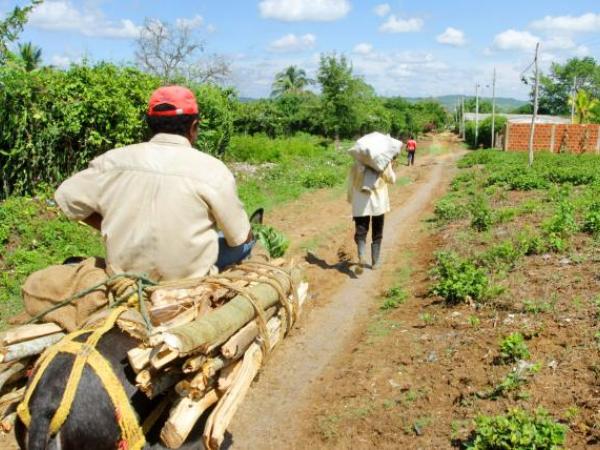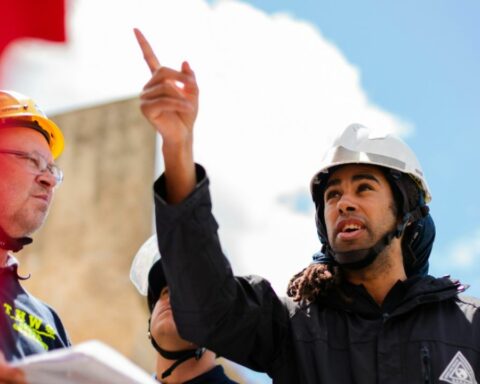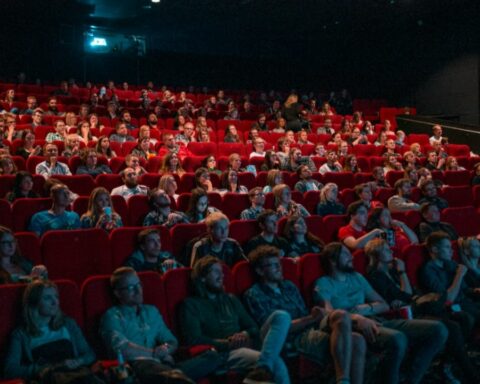Given the last act of blood that cost the life of the forestry worker Segundo Catril Neculqueo, after an ambush in Lumaco, the Mapuche deputy and militant of the Democratic Revolution (RD), Ericka Ñanco, is not lost in her diagnosis: the State of Chile has shown to lack the necessary tools to elucidate the keys to the wave of violence that affects the Mapuche conflict zone, which goes from Biobío to La Araucanía.
Although she recognizes that it is the State through its institutions, such as the Public Ministry, which is in charge of clarifying, with more or less clarity, what are the components that activate the violence in the Mapuche zone, the deputy for the 23rd district –Carahue, Cholchol, Cunco, Curarrehue, Freire, Gorbea, Loncoche, Nueva Imperial, Padre Las Casas, Pitrufquén, Pucón, Saavedra, Temuco, Teodoro Schmidt, Toltén and Villarrica– is categorical in emphasizing that this gratuitous violence has nothing to do with historical demand. Not only that: it is counterproductive, she underlines, with the levels of cohesion that the Mapuche community needs to achieve this long-desired goal.
“This is reprehensible. The first thing the institutions must do is identify those groups or people who benefit from this climate of tension and insecurity. More police intelligence is needed,” he says.
-How is this climate of tension and insecurity convenient for them, and for whom?
-It is possible that the individuals behind organized crime intend to bankrupt the constituent process. Crime thrives where there is no social cohesion. And we know that there are individuals and groups that benefit from this climate of instability. These latest events in our community caused us a deep state of sadness.
-As a deputy for the area, do you have information on what type of criminal organizations operate parallel to the Mapuche conflict?
-In the first place, we must recognize that behind these groups that are acting violently and without limits, nobody is very clear. It is important to keep in mind that it is not yet discovered who is operating in the place. That said, I am interested in clarifying that these actions have nothing to do with the demands of the Mapuche people or the First Nations. Our demands are territorial, historical, cultural, which are demands that have been taking place in different ways, but in no case like this. For this reason, organizations linked to the Mapuche world have come out to distance themselves from this aberrant act that means killing more than ordinary workers, workers who work in these jobs because they have nothing else to get to their home with a livelihood.
-The Prosecutor’s Office is working with preferential prosecutors to investigate the crime of wood theft. Do you estimate the magnitude of organized crime in La Araucanía?
-Organized crime is a strong situation that occurs not only in the south but also nationwide. He was reading that a gang of drug traffickers operating in Antofagasta, Valparaíso, Santiago, Biobío, La Araucanía, etc. had been disbanded. They call it “the band of Los Risas” and its level of expansion is incredible. But it is also incredible how mafias have increased as a result of the pandemic. I had never seen this climate of criminal violence, and that can be seen in the different cases of people murdered by gangs, or in settling scores, anyway… We saw it recently in the Meiggs neighborhood with the death of the journalist Francisca Sandoval. But I insist: crime also benefits from instability, and today it is present throughout Chile.
-The opposition, as a result of the death of the worker, insisted again that the State of Exception is the measure that should be applied. What do you think?
-The opposition fights violence with much more violence, or through a law (State of Exception) that is blood for blood, and that is the most damaging thing in a rule of law. Now the Government of Gabriel Boric, much to his regret, had to restore the (limited) militarization of the area in question.
Do you trust the measures that the Government is adopting?
-I am confident that the Government is taking the necessary measures to provide a political solution to these demands, which are historic, with proposals and programs for the regions of La Araucanía, Biobío and Los Ríos, demonstrating all its will to claim the enormous debt it owes. the state with the first nations. This is a Government that is taking the necessary measures so that our country grows in all the matters in which it is due.
-And you also share that confidence with the constituent process?
-What we would most like is for this entire climate of violence that exists throughout Chile to end. That is why I am confident that we can work hard to carry out the constituent process, despite all the traps that some groups have been putting in the way.
-What traps?
-I would not rule out the participation of that racist extreme right that, at all times, has tried to boycott the ongoing process. He has done it all this time with fake news, so it would not surprise me at all if they were behind the violent and organized gangs that operate in the area. And if there were, I have no doubt that they shared the same criminal nature as other gangs operating in the area, since they all need to finance themselves in some way. In any case, it will be the justice that is in charge of carrying out the pertinent investigations and the Public Ministry will have to file the respective complaints, although there is total mistrust of all the events that have been taking place.
–








